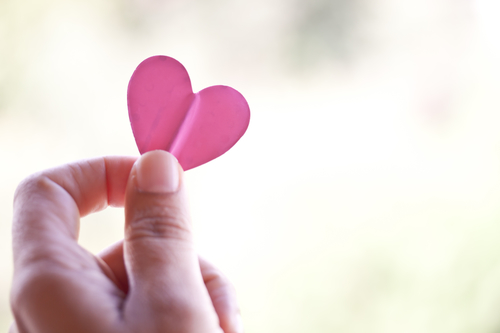
Morning walks have always been part of my everyday routine
and now, more than ever, it’s important to look after our physical, social, and
mental /emotional wellbeing during this Covid 19 crisis.
Our walks are watched by a collection of teddy bears from
the windows of homes all around our neighbourhood. Children and families in their own little
bubbles, venture outdoors, keeping occupied and having some fun while enjoying
a bear hunt.
These bears are signs of support, hope, and community, a way
we can come together, to show support for each other, a sign of hope that we will
endure and thrive through these profoundly challenging circumstances and
periods of intense change.
We all hold hope, it guides our thinking and our decisions,
and helps us through these tough times.
But what do you do when something you were
hoping for falls through?
“Shift the goal posts, says Lucy Hone and when we lose hope in one place it’s time to look for it somewhere else.” You can read Lucy’s work here.
“What are you hoping
for now?”
I know some of my big hopes for this year are looking less possible.
I have family members in another country, and with New Zealand’s borders locked
down for an undetermined length of time I confess to losing hope that I will
see my loved ones any time soon.
Many of us may be experiencing a loss of hope during this
time. We may all hit a moment when we seem to have run out of options, where
the way forward seems blocked, and it seems all hope is lost.
if we set hope as a default way of thinking then not all hope
is lost?
We can look at where we are, our current situation, what we
are up against and ask
“what am I hoping for now?”
“What other options remain important If all doesn’t go as
planned?”
My goal posts may have shifted, my hopes are not necessarily
one big hope, and instead I will hold onto lots of smaller hopes and in Lucy’s
words “look at smaller alternative ambitions.”
So what am I hoping for now?
That I have the resources to make it through;
that I will create new ways to connect with the people I
love;
that I will contribute and support others.
Lucy Hone suggests that asking “What am I hoping for now?
“will provide us with a powerful way to recalibrate.
In the face of this fluctuating landscape of pandemic, and
uncertainty, some of our other hopes will remain and new ones may emerge. Let’s continue to hope, and pinpoint our
smaller hopes by asking – “What am I hoping for now? “
Try making hope your default mindset, and let hope help guide you through these strange and changing times.
What are you hoping
for now?
